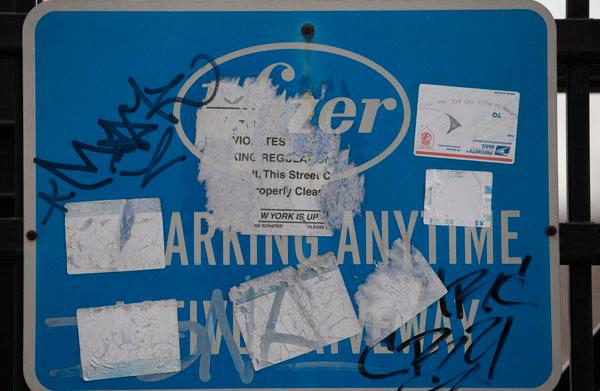
Photo by: Marc Fader
The closure in 2007 of Brooklyn’s Pfizer plant–located on the site where the company was founded–was another blow to the city’s once-booming manufacturing base.
The morning of Monday, Jan. 22, 2007, brought mixed news for Pfizer Inc., the multinational pharmaceutical giant. Revenue in the previous quarter, the company announced, was flat from a year earlier, at $12.6 billion. Earnings per share were up but only factoring in the one-time windfall from the company’s sale of its consumer health care business. Otherwise, profit was down, and analysts were worried.
In the competitive drug industry, the company’s future was uncertain: Viagra, a Pfizer product, was losing market share to rival erectile dysfunction drugs, and the patent for the heart drug Lipitor, a Pfizer standard-bearer and one of the most popular medications in the world, was set to expire in a few years. Cheaper generics would soon be cutting into sales, and Pfizer had just halted development on a planned replacement for the heart drug after trials linked that new medication to an increased death rate.
The company’s earnings announcement came paired with a tough proposed remedy: In a move to save $2 billion a year, Pfizer would close research sites in Japan, France and Michigan. It would sell a factory in Germany and close one in Omaha, Neb. In all, the job cuts would total 10,000 worldwide—including 600 at one other shuttered factory: In a move that shocked workers at a facility that had only recently been featured in a prominent Pfizer ad campaign, the company announced it was closing its plant in Brooklyn, a 600,000-square-foot brick hulk on Flushing Avenue—the site where Pfizer was founded in 1849.
For much of its century and a half in Brooklyn, Pfizer was just one of the industrial powerhouses that moved the borough’s economy—a blue-collar bastion that included shipbuilding and auto parts manufacturing plants, chemical producers, breweries and, less than two miles northwest of Pfizer, the Domino Sugar refinery. By the time the Domino facility closed in 2004, leaving its last 200 or so workers jobless, the Pfizer plant—operating with a fraction of the workers it had employed just a few years earlier— was one of the borough’s only remaining traces of big industry.
At the time, reactions to the Pfizer closing were mixed, a m









One thought on “Quitting Time: A Factory's Fall, A Neighborhood's Fallout”
I remeber Pfizer as a young boy going to my aunts house back in the late nineteen fifties early sixities. I knew it eas a chemical plant but had no idea how famous and really huge it was. From surrounding the area and veiwing the many structures it was something big. I even remember at times in passing through up Flushing Avenue, the peculiar smells coming from the plant. As a child it drew fascination. It was indeed a bustling atmosphere to behold. Sorry to see it go. Part of Brooklyn has gone with it.